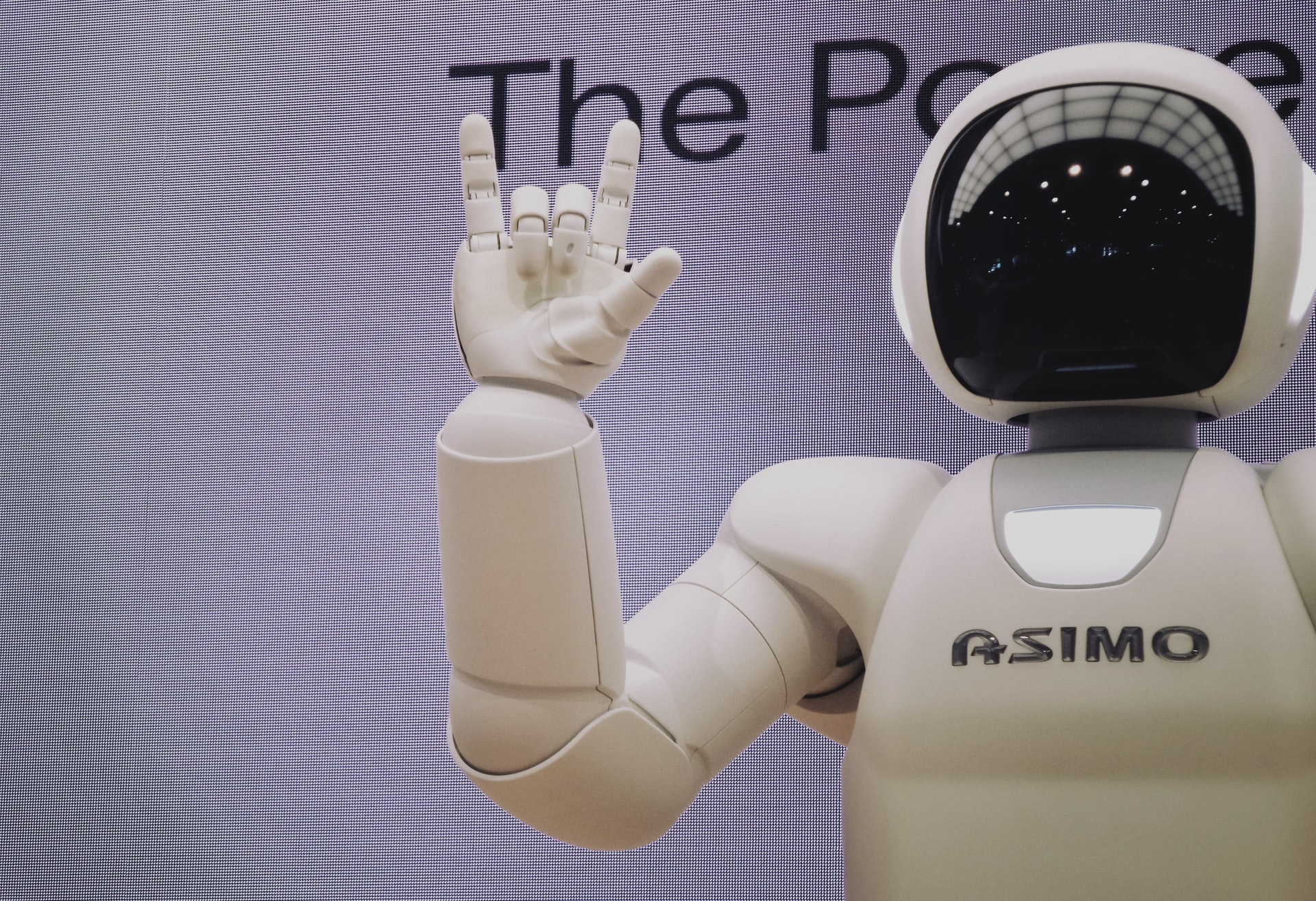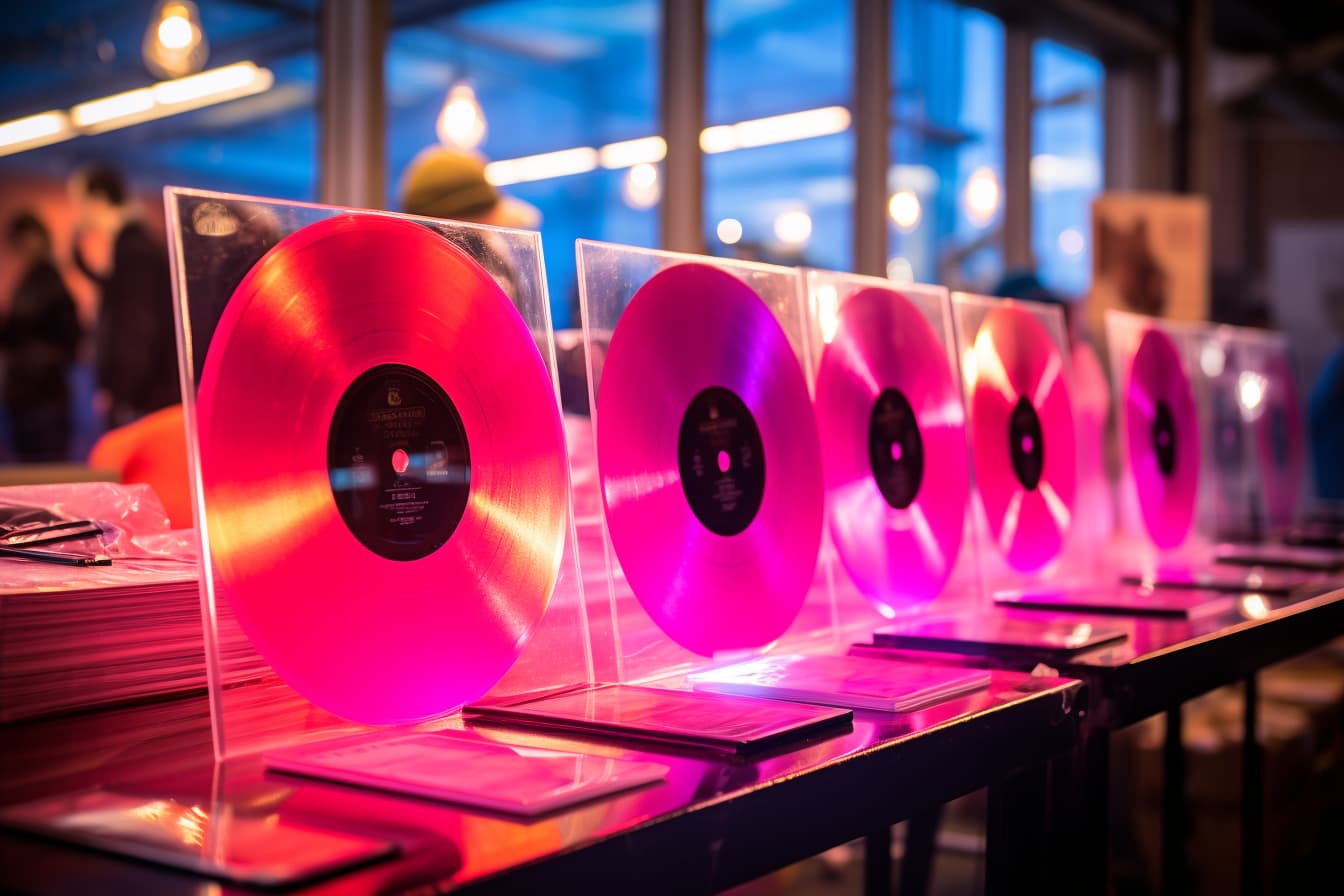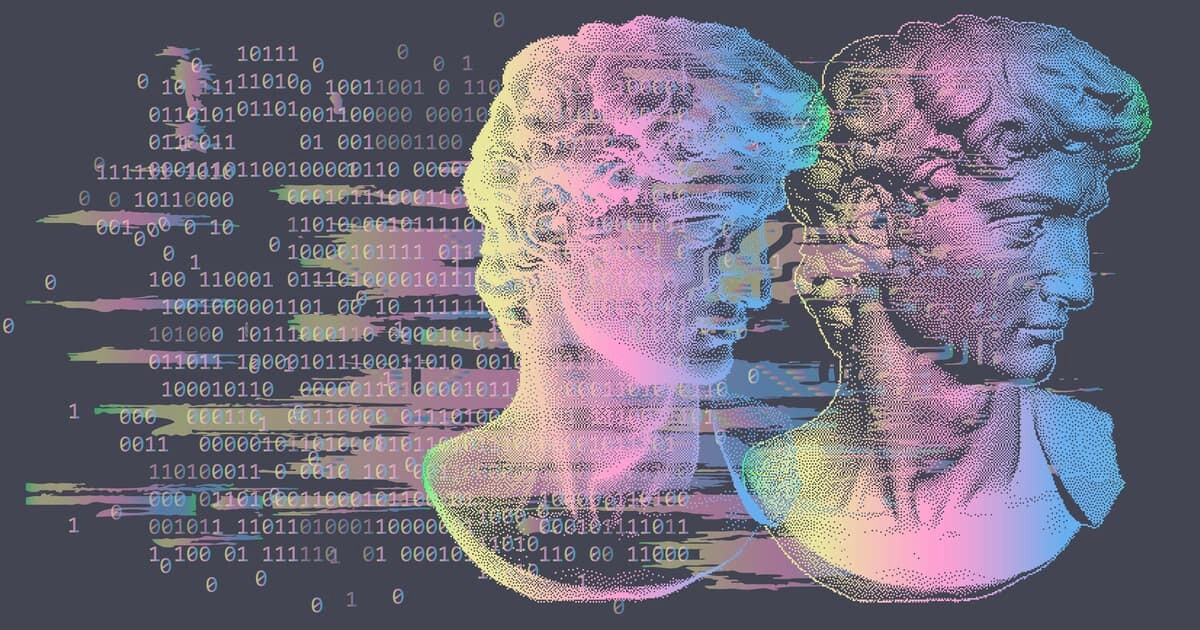What Is The Future Of The Music Industry? 10 Predictions For The Next 10 Years
Ever wondered what the music industry is going to look like in the next 10 years?
You don’t need to ponder any longer – as experts from the music field came together at BPI’s 10×10: Trends for Music’s Next Decade event to discuss what they believe the future holds for the music industry.
Let’s dive right in.
Consumers as creators
Music fans are not just consumers, but active creators. Creator tools are bound to become even more accessible in the next couple of years. In addition to social media content creation, fans will be able to create content in the metaverse.
The next stage of user-generated content will continue breaking the fourth wall between the “artist” and the “fan”. Experts predict that artists and labels will start providing music stems and visual assets to fans so that they can manipulate them and create their own content. Think of it as an elevated version of TikTok’s Duet.
The rise of creator level subscriptions
In 2020 alone, the combined number of U.S. subscribers for the major streaming services increased by more than 50%. U.S consumers are expected to pay more than $41 billion for streaming services by 2024. [Source: Variety]
What’s next is creator level subscriptions that build on what services such as Patreon and OnlyFans are already doing. Artists are set to continue building their subscription communities, monetising their following and benefitting from alternative forms of revenue streams.
Social audio is set to grow in scope
Clubhouse’s popularity has led other tech and social media companies to jump on the social audio bandwagon. Spotify has just acquired startup Locker Room, while Twitter and Facebook are set to offer Clubhouse-style features sooner rather than later. This will, undoubtedly, impact the music industry.
Artists and their teams can benefit from the marketing opportunities brought about by social audio functionalities by hosting listening parties, performances, radio shows and more.
Music is becoming even more inextricably linked to tech
Music is set to continue pushing the tech industry’s boundaries, and vice versa. Emerging technologies such as 5G, smart speakers and smart cars will require tech companies to partner up with artists to showcase their wares. The UK’s upcoming 5G Festival is a clear example of the music-tech partnership’s imminent evolution.
Creator tools are set to become a multi-billion-dollar industry
According to MIDiA, creator tool development is a billion-dollar-a-year market. This figure is set to double in the years to come. Creator tools range from complex production software to basic music-making apps. Development companies will continue collaborating with artists and labels to create artist-branded sound packs. Since artists are also becoming content creators, development companies will continue endorsing artists so that these, in turn, recommend the company’s software to their followers.
AI as a tool, not a weapon
AI is set to become an even more powerful tool. AI can be used by labels, bookers and managers to respond to repeat queries so that they can focus on more complex tasks. Through AI, workflows can be automated and algorithms can be analysed without human intervention, facilitating the copious amount of admin work that’s behind every artist’s success.
The growing need for robust licensing frameworks
New technologies are typically associated with music licensing issues. While the creative and innovative use of music should be encouraged, this should be accompanied by robust licensing frameworks. Labels and technology companies are currently developing frameworks and deals that will benefit all parties. They will need to continue working together to ensure that artists’ rights are not violated vis-à-vis new technologies.
Music-adjacent industries as partners, not competitors
We may be quick to comment that music is becoming a “screensaver”. However, the music industry should focus on how artists can benefit from music-adjacent industries like gaming and film, instead of seeing these sectors as direct competition.
NFTs and blockchain technology are more than just a fad
“Long term, NFTs and the idea of digital collectables are very much here to stay. They represent an incredibly promising and important new revenue stream, for artists and for the music industry as a whole,” explained Shara Senderoff, Partner and President at music/tech investment firm Raised in Space.
Artists and labels should look beyond the hype and start treating NFTs as any other creative endeavour: complete with an attention-grabbing design and rollout, and a slick marketing strategy.
Labels are here to stay
While artists are bypassing labels by going D2C and building fan communities through Patreon and Discord, new technologies such as NFTs and blockchain mean that labels can redefine their scope and find a new purpose. Labels should see these emerging technologies as an opportunity to upskill and assist artists in navigating the complex world of fintech.
Photo by Possessed Photography on Unsplash






